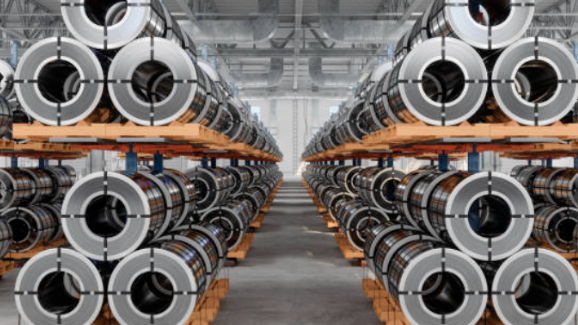
Posted on Monday, September 30, 2024
In roll forming, coil gauge refers to the thickness of the metal coil used in the manufacturing process. The gauge is a measurement that determines the thickness of the metal, with higher gauge numbers indicating thinner metal and lower gauge numbers signifying thicker metal. For example, a 16-gauge coil is thicker than a 22-gauge coil.
Gauge measurements are not based on a standardized unit of measurement, such as millimeters or inches, but instead, they follow a system that varies depending on the material. In the case of steel, common gauge numbers range from 10 to 30, with each gauge corresponding to a specific thickness in inches or millimeters. For instance:
Different materials like aluminum or copper have their own gauge charts, meaning that a 16-gauge aluminum coil will be a different thickness than 16-gauge steel.
The thickness of the coil directly impacts the roll forming process and the quality of the finished product. Here's how:
Selecting the appropriate coil gauge is crucial for the success of a roll forming project. The gauge must align with the product's intended application to ensure that the end product meets the desired strength, flexibility, and durability requirements. For instance, using a thinner gauge for a structural application could result in insufficient strength, while using a thicker gauge for a non-load-bearing part may lead to unnecessary material costs.
Roll forming manufacturers often provide a coil gauge chart to help customers choose the correct gauge based on the product application, material type, and industry standards.
In summary, coil gauge plays a vital role in determining the quality, strength, and application of metal products created through roll forming. Understanding the gauge system and its impact on product performance is essential for achieving optimal results in any roll forming project.
4o

Used Purlin Roll Forming Machines for Sale Worldwide
Posted on Sunday, January 25, 2026
Pre-Owned Roll Forming Machines for Purlin & Structural Steel Profiles

Used Roof Panel Roll Forming Machines for Sale Worldwide
Posted on Sunday, January 25, 2026
Pre-Owned Roll Forming Machines for Roofing Panel Production

Used Roll Forming Machines for Sale Worldwide
Posted on Tuesday, January 20, 2026
Pre-Owned Roll Forming Machines with Inspection, Verification & Global Support

Steel Coil Supply for Roll Forming Machines Worldwide
Posted on Tuesday, January 20, 2026
Reliable Steel Coil Supply for Roll Forming, Fabrication & Manufacturing Applications
Copyright 2026 © Machine Matcher.